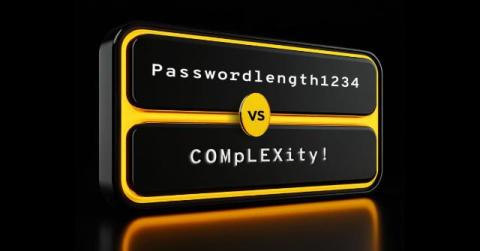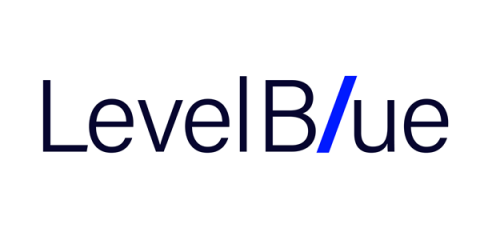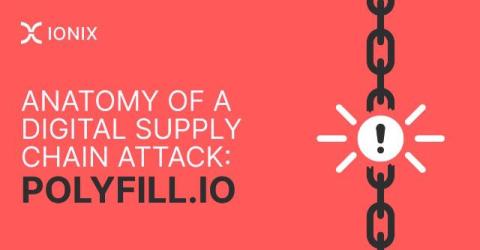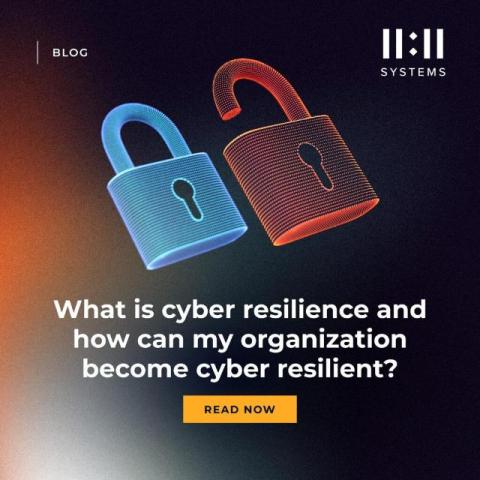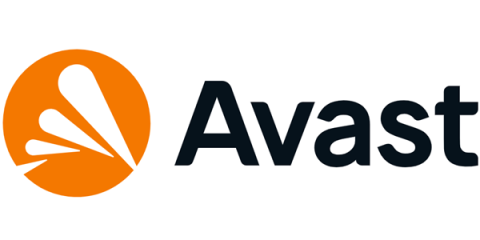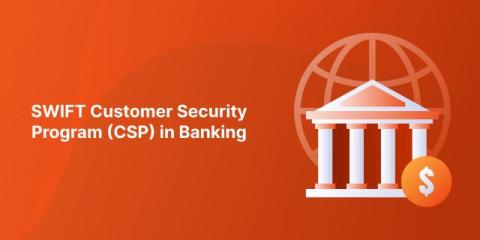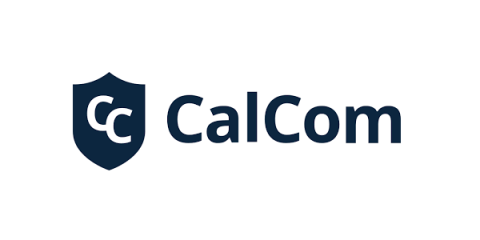Password Length vs Complexity: Which Is More Important?
According to the National Institute of Standards and Technology (NIST), complex passwords that contain a variety of characters are strong, but the longer a password is, regardless of the types of characters, the more secure it is. Password length is generally more important than complexity because longer passwords are typically harder for cybercriminals to crack. That being said, you should also prioritize making your passwords complex for added security.


